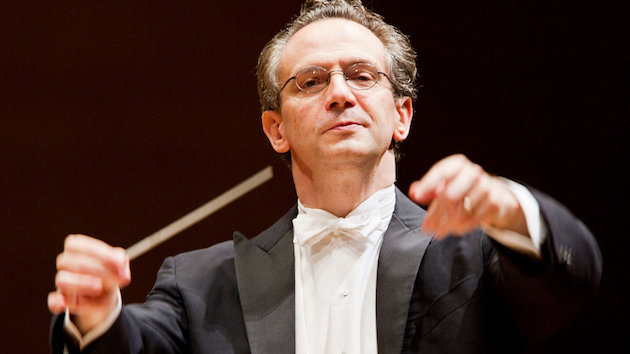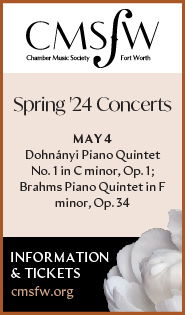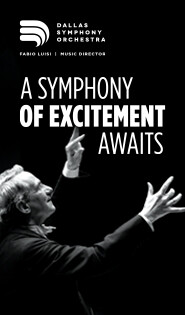Luisi, DSO segue smoothly from Beethoven to Strauss

Lise de la Salle performed Beethoven’s Piano Concerto No. 4 with Fabio Luisi and the Dallas Symphony Orchestra Thursday night.
The program offered by conductor Fabio Luisi and the Dallas Symphony Orchestra touched on both ends of the 19th century Thursday night at Meyerson Symphony Center. The evening opened with middle-period Beethoven (the Piano Concerto No. 4 of 1807) and closed with Late Romantic Strauss (Ein Heldenleben, from 1899). While these two works represent very different approaches, the veteran Italian conductor convincingly and stylishly navigated both.
With no overture or curtain-raiser, the first notes of the evening belonged Lise de la Salle. The 29-year-old French pianist managed the quiet introductory solo phrase of the Beethoven deftly, throwing a slight mist with the damper pedal onto the quick ascending scale; Luisi and the orchestra responded with equal delicacy as the orchestra. Throughout the first movement, de la Salle drew momentum from the many mood changes, with occasional flourishes of drama (as in the glorious up-and-down arpeggios). Only in the cadenza (using Beethoven’s second version, with its intense Presto section) did she lapse from excitement into near-frenzy.
In that always amazing conversation between piano and orchestra that makes up the slow movement, de la Salle applied an almost hesitant rubato, creating an aura of suspense opposite the orchestra’s bold pronouncements; in the galloping Vivace finale, de la Salle produced a burnished, genteel entry, but again lapsed into something more akin to panic than excitement.

Fabio Luisi
After intermission, with the orchestra expanded for Strauss’s demanding orchestration, conductor Luisi and the musicians surged into the expansive main theme. Luisi reveled in the grand resonance of the Meyerson hall, allowing the pauses to linger seductively. For this listener, Ein Heldenleben works best as an innovative fantasy on symphonic form—in other words, by ignoring the composer’s autobiographical subtitles. Concertmaster Alexander Kerr performed the lyrical violin obbligato with detailed sensitivity, though the orchestral replies were a little frayed at times.
However, orchestra and conductor achieved the precision necessary to portray the chaos of the ensuing, almost Ivesian complexity of the ensuing “Battle” segment; this flowed seamlessly into the final, serene closing moments.
The program will be repeated 7:30 p.m. Friday and Saturday and at 2:30 p.m. Sunday at Meyerson Symphony Center. mydso.com; 214-692-0203.


